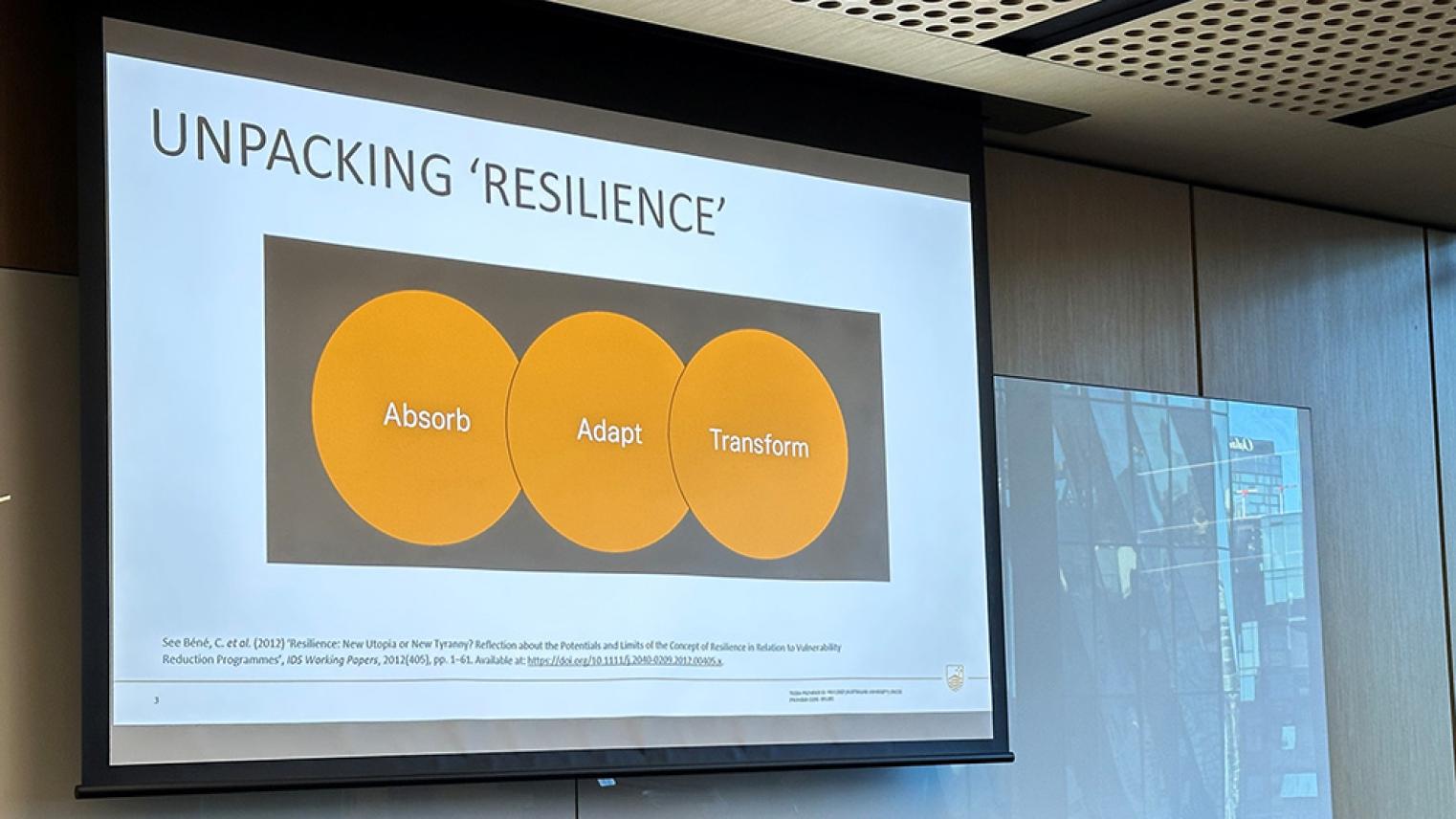Rethinking emergency in a climate of crisis

On 26 May 2025, Deakin University hosted a one-day in-person workshop, Rethinking Emergency in a Climate of Crisis, bringing together researchers from across Australia and internationally to examine the evolving concept of “emergency” in the context of a rapidly changing climate.
The workshop, co-organised by Timothy Neale and Andrew Lakoff, focused on the role of emergency management systems, agencies, infrastructures and practitioners in a time marked by intensifying environmental hazards and increasing political and social contestation. Participants explored a range of critical questions, including: To what extent is emergency management affected by crises or emergencies in its own foundations and roles? How are different jurisdictions addressing the climate as a threat or emergency? Are existing critical accounts of emergencies - for example as suspensions of norms or “states of exception” - sufficient to critical analysis of the present moment?
Associate Professor Jarrett Blaustein and Dr Jenna Imad Harb from the School of Regulation and Global Governance (RegNet) were invited as speakers. Associate Professor Blaustein’s presentation, Policing for the Anthropocene, examined how different police agencies around the world are adapting to hazards linked with climate change.
Dr Harb spoke about her research on humanitarian labour in Lebanon. She discussed her ongoing work that applies ‘palliative governance’ as a theoretical lens to capture how the aid sector temporarily eases symptoms of suffering amidst omnipresent disaster, highlighting limitations and coping mechanisms on the ground.
The workshop welcomed contributions from leading international scholars, including University of Southern California Sociology and Anthropology Professor, Andrew Lakoff, who shared his research on climate emergency and the government of drought in California. Presentations sparked robust discussions on the usefulness of terms like ‘crisis’ and ‘emergency,’ their ontologies, their technosolutionism, their infrastructures and their temporal framings.
The workshop brought together researchers and scholars from Deakin University, the Australian National University and other institutions, fostering lively panel discussions and encouraging cross-institutional exchange throughout the day. The event provided a great opportunity to build new connections and explore future collaborations focused on the technological, political, legal and social dimensions of emergency in the context of climate crisis.